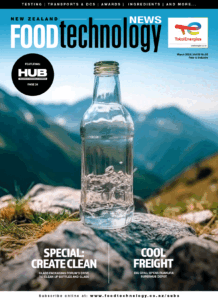
I’ve written before about the need to use new technologies to feed the 10 billion of 2050 and the growing middle classes sustainably, healthily and equitably.
And, as we look towards 2050, the next big frontier in population growth and food requirements is Africa. Nigeria alone is forecast to surpass the population of the US by 2050, with 400 million vs 377 million people but with a fraction of the US’s GDP. Some projections have Africa doubling in population to 2.5 billion people by 2050, 25 % of the global population. Feeding these people using the current global food system would be disastrous for the planet due to the resources required, particularly arable land and fresh water. Sustainable planetary boundaries would not be just breached but shattered.
We need to implement new technologies that don’t require the same level of resources or produce the same level of GHG emissions as our current food system. However, the issue with implementing many of these new technologies is not technological development, but infrastructure. Hundreds of billions, if not trillions of dollars will be needed to provide the infrastructure required.
How do we meet these requirements? Perhaps we need to take a page from the renewable energy playbook. Renewable energy in Africa has significant financial backing through various schemes currently estimated by the September International Energy Agency report as being some US$90 billion annually. Although this is only 3% of global energy investment, versus the 18 % of the global population, it implies a $3 trillion global investment pool. Could food command this level of investment?
It’d certainly be worthwhile capping food system emissions and would have a significant impact given the IPCC, estimate that food production is responsible for some 18 % of GHG emissions. If an ‘Africa food technologies fund’ was established this would be one way to enable African countries to leapfrog some high resource legacy food technologies. This would help them to mitigate the local environmental impact of their growing populations and the necessary food production.
With the growing population in Africa, perhaps we should be talking about the long-term climate change impact of food as often as we talk about renewable energy.
Tony Hunter is a global futurist, food scientist, speaker and foresight strategy consultant. He consults and speaks globally, using his distinctive combination of scientific qualifications, business experience and detailed understanding of exponential food technologies to deliver a unique perspective on the future of food.






























































































